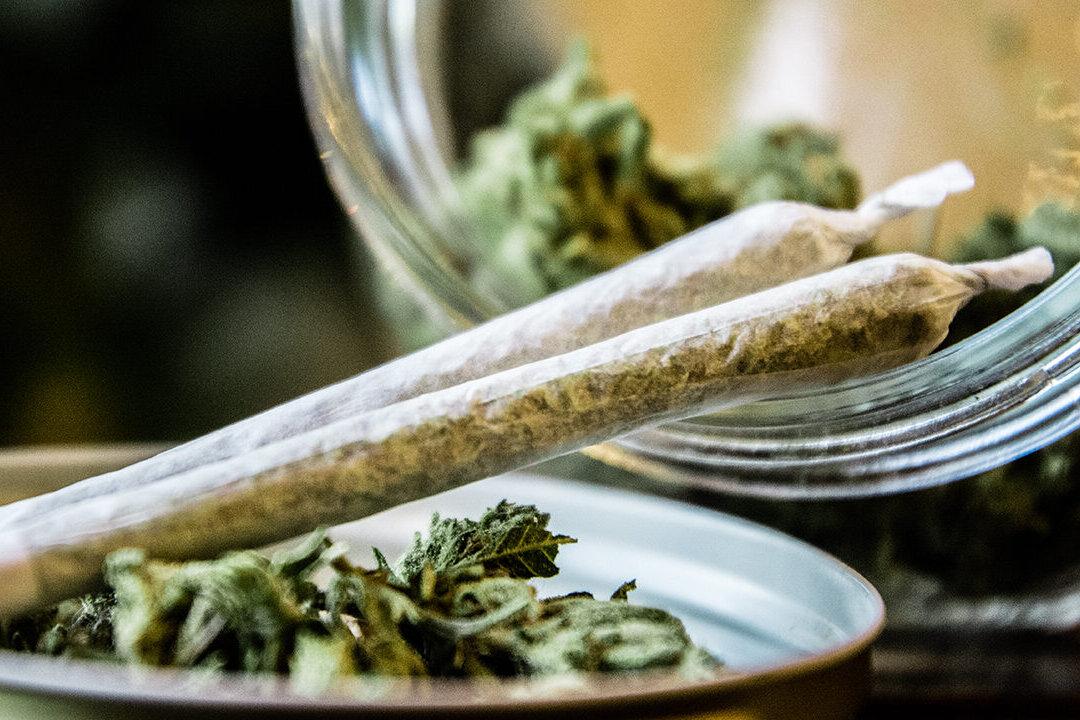Commentary
Marijuana, cannabis, pot, weed—call it what you will, the psychoactive drug is incredibly popular. This is especially true in the United States, where weed is big business. A staggering 16 percent of Americans—roughly 54 million—admit to smoking weed. In 2021, 13 percent said they smoked the drug.





